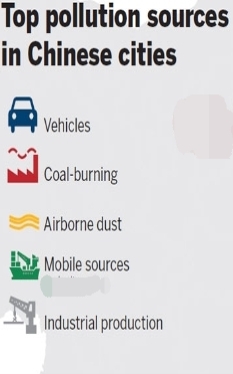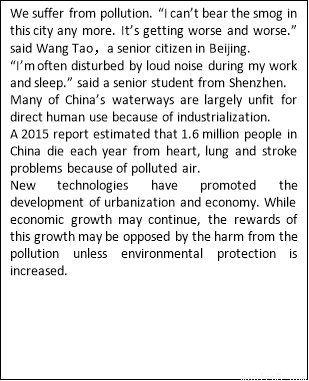0 133049 133057 133063 133067 133073 133075 133079 133085 133087 133093 133099 133103 133105 133109 133115 133117 133123 133127 133129 133133 133135 133139 133141 133143 133144 133145 133147 133148 133149 133151 133153 133157 133159 133163 133165 133169 133175 133177 133183 133187 133189 133193 133199 133205 133207 133213 133217 133219 133225 133229 133235 133243 151629

